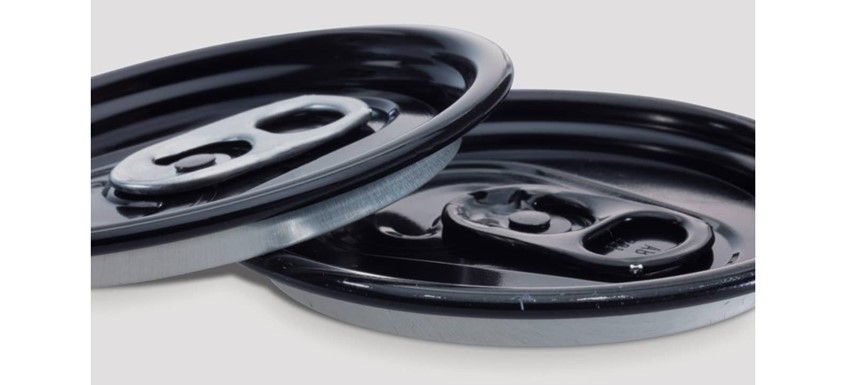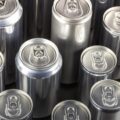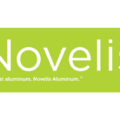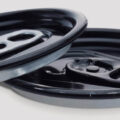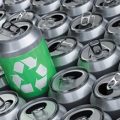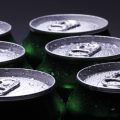The Novelis company has succeeded in improving the optical appearance of aluminum can ends with an innovative process. Specifically, the new process focuses on laminated ends not only creating a unique look, but the carbon footprint of the laminated surface finish is reduced by 33% compared to the conventional liquid coating process. In addition, the laminating film reduces surface defects and improves the color stability of the can end.
Novelis is the world’s largest producer of aluminum beverage can sheet and the world’s largest recycler of used beverage cans, recycling more than 80 billion cans a year. With the new black-laminated aluminum can end material, Novelis offers a sustainable product innovation attractive to beverage brands and can makers alike.
This lamination process not only helps to improve yield but also has numerous other advantages by providing excellent optical surface performance improved after the production process can be completed, homogeneous thickness and color stability. It also provides less dust and cleanliness of the can making lines necessary.
In addition, the lamination film is free of BPA (bisphenol A) and PFAS (perfluoro alkylated substances), is an established product for the food industry and does not contain chemicals of concern (BPA, styrene, MOSH, MOAH).
The company is moving towards sustainability with this type of innovative proposals. Approximately. It will result in 33% lessCO2 generation compared to conventional liquid coating, no solvents evaporated in the application process and no adverse impact on the recyclability of used beverage cans, no can change making equipment necessary so it meets all regulatory requirements.

